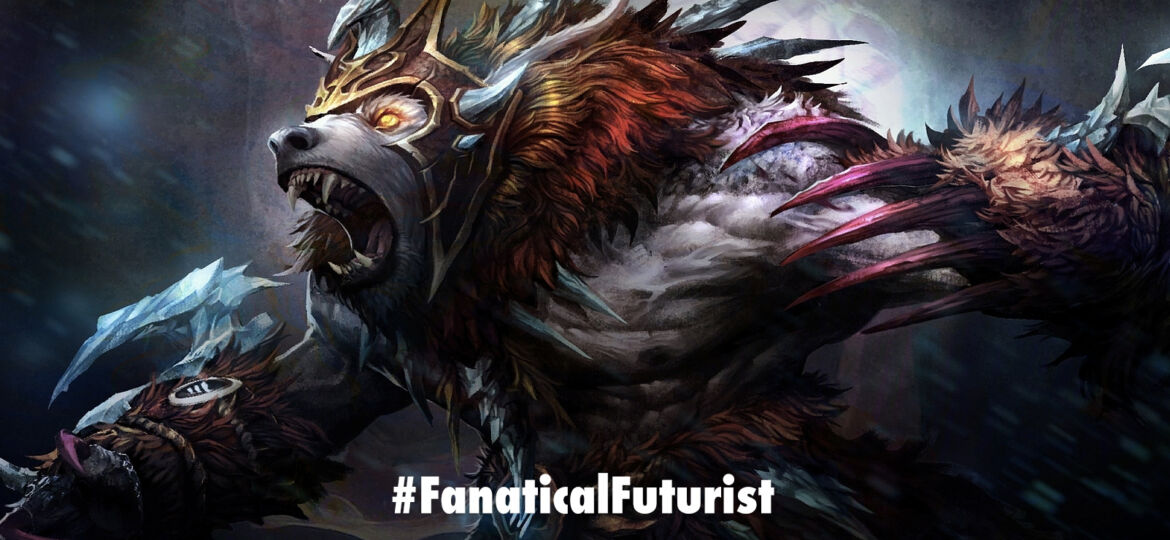
WHY THIS MATTERS IN BRIEF
Dota is a game of prediction, strategy and collaboration, and it’s been long thought that an AI couldn’t master it – until now.
A lot of humans think they’re so good at video games that they make the point of describing themselves as “gamers.” Well, the Artificial intelligence (AI) platform developed by OpenAI, which is a company backed by Elon Musk, would like to have a word, humans. After demonstrating its prowess in Dota 2 1v1 games, the newly enhanced “OpenAI Five” has shown that it can thrash even the best human teams. OpenAI challenged five of the world’s best pro Dota 2 players, and the AI won handily.
You might remember OpenAI popping up in the news a number of times recently when they developed an AI that evolved by itself to self-learn, and an AI powered robot hand that’s as dextrous as a humans. The OpenAI Dota bot gets better by playing games against itself at high-speed. Using a massively scaled-up version of “Proximal Policy Optimization,” which is a training system designed for OpenAI’s successful 1v1 Dota 2 bot. OpenAI Five plays the game for a whopping 180 years every single day thanks to 256 GPUs and 128,000 CPU cores in the Google Compute Cloud.
Watch the Bot plan ahead
The exhibition match was streamed live on Twitch and featured noted Dota 2 players Blitz, Cap, Fogged, Merlini, and MoonMeander. These are all people who currently or previously play Dota 2 professionally — they’re in the 99.95th percentile of human players. There were a few restrictions to drop features the bots hadn’t yet learned to use, but OpenAI was able to reinstate some previously blocked aspects like wards and Roshan (a powerful neutral creep that can be farmed for XP gains).
In the first match, the AI steamrolled the humans in just 21 minutes. That’s considered quite fast for a game of Dota 2, and the AI was confident. It predicted a 95 percent win probability after seeing the hero teams. In game two, the AI wasn’t as confident, giving itself a 76 percent chance to win. It still pummeled the human team in just 25 minutes.
Watch the bot predict the game
It was a best-out-of-three event, so the AI had already won when round three came along. For this match, the audience was allowed to choose heroes for OpenAI Five. Heroes in Dota 2 often interact in complex ways. Without the ability to build a team it knew how to play, the AI was at a disadvantage. It predicted a 17 percent win chance, and indeed it lost after a healthy 35-minute battle.
A few years ago, many researchers thought it was impossible for AI systems to get so good at complex team-based games like Dota 2, but here we are. The best gamers in the world are machines.

















[…] Intelligence (AI) has mastered some of the most complex games known to man, like Dota, Go, and Starcraft, but while it often excels at competition, cooperation doesn’t come as […]
[…] racing. Let’s face it, the ability to beat human players in all kinds of games like chess, Dota, Go, and Starcraft is no longer surprising, after all, AI has proved it can outperform its animate […]